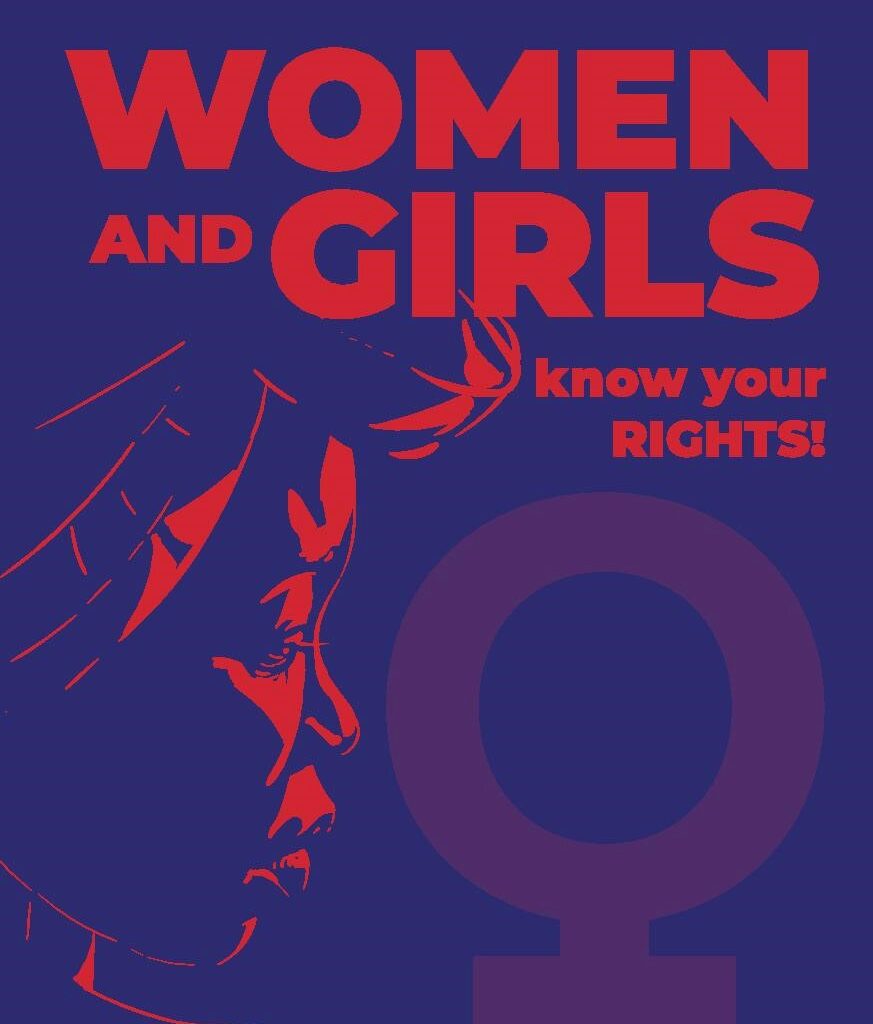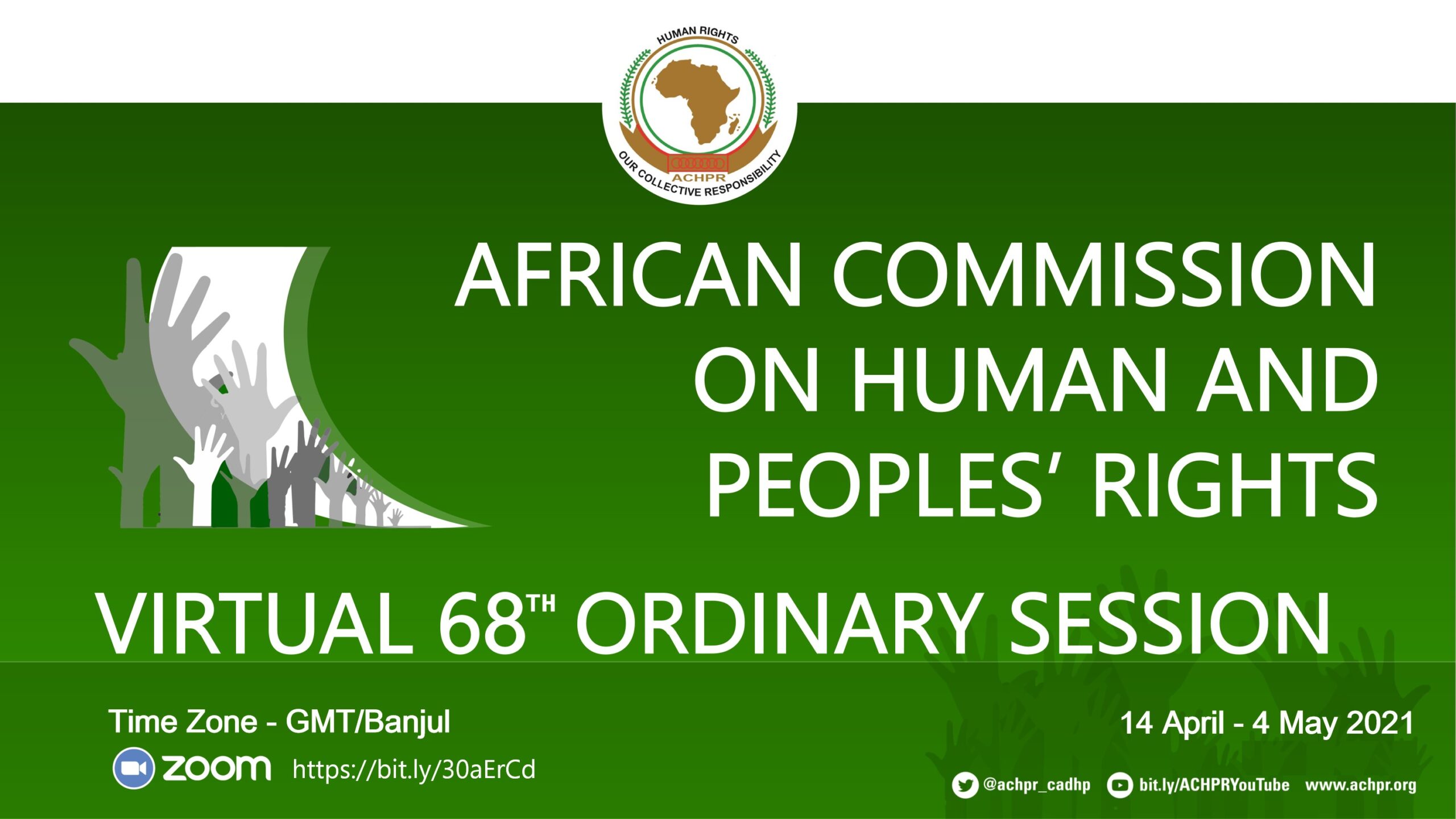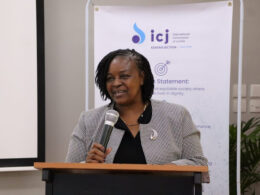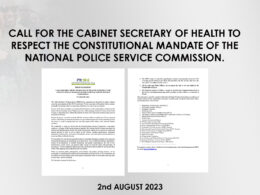The Kenya Section of the International Commission of Jurists (ICJ Kenya), in collaboration with the Konrad Adenauer Stiftung (KAS) Rule of Law Program for Anglophone Sub-Saharan Africa, jointly co-hosted a Roundtable discussion on the gains and challenges of promoting Women’s right in Kenya.
The theme for this year’s IWD campaign is “Choose to Challenge” – #ChooseToChallenge. ICJ Kenya, KAS, and FIDA Kenya joined the global rallying call ‘to challenge and call out gender bias and inequality.
ICJ Kenya has done considerable research, capacity building, and advocacy work to promote women’s rights in Kenya and the region. The work ranges from women in the judiciaries in East Africa; women’s participation in elective politics post-2010; judicial implementation of the Protocol to the African Charter on Human and Peoples’ Rights on the Rights of Women in Africa ( Maputo Protocol); promotion of women’s rights in the digital space; paralegal work in select counties to advance access to justice; and participation advocacy platforms in the African and international human rights treaty body mechanisms amongst others.
Similarly, the KAS Rule of Law Program for Anglophone Sub-Saharan Africa, which focuses on human rights, has been actively promoting and engaging with women’s rights in the Sub-Saharan region since its establishment in 2006. To this end, the Program cooperates closely with governmental institutions, civil society organizations and human rights activists, and legal practitioners and experts from academia from the entire region. Some of the areas that the Program has focused on include women and land rights, the inclusion of women and girls in various sectors of public life, sexual gender-based violence, and the strengthening of female leadership.
Kenya has made significant progress in constitutional, legislative, development of policies, and building institutions to promote gender equality. However, the practical impact of legal and policy frameworks on girls’ and women’s lives has been undermined by weak implementation and a lack of gender-responsive policies and resource allocation. To date, prevalent discrimination and cultural norms influence women’s land tenure and participation in labor markets; early and forced marriages; female genital mutilation (FGM); food security and nutrition; and access to finance and technology. Many girls and women still lack access to essential services, and women remain under-represented in decision-making positions and political leadership. It is for this reason that we have to continue to lobby for accelerated gender equality.
As part of the month-long advocacy activities commemorating International Women’s Day, ICJ Kenya, in collaboration with KAS Regional Program for Anglophone Sub-Saharan Africa, jointly convened this roundtable virtual webinar to discuss the gains and challenges of promoting women’s right in Kenya.
The discussions centered on the content of a publication authored by a young Kenyan feminist, Idza Luhumyo, and published by KAS titled ‘Women and Girls: Know your Rights’ available on https://online.flippingbook.com/view/836185/
The roundtable was among the series of advocacy initiatives intended to mark the 2021 International Women’s Day (IWD) celebrations throughout March.
The panelists and participants were drawn from diverse fields representing development partners, civil society, the Bench, regional partners, academia, and the general public.
The deliberations were followed on social media platforms and online streaming services.
Download HERE our Communique’ on the Gains and Challenges in Promoting Women’s and Girl’s Rights in Kenya.











